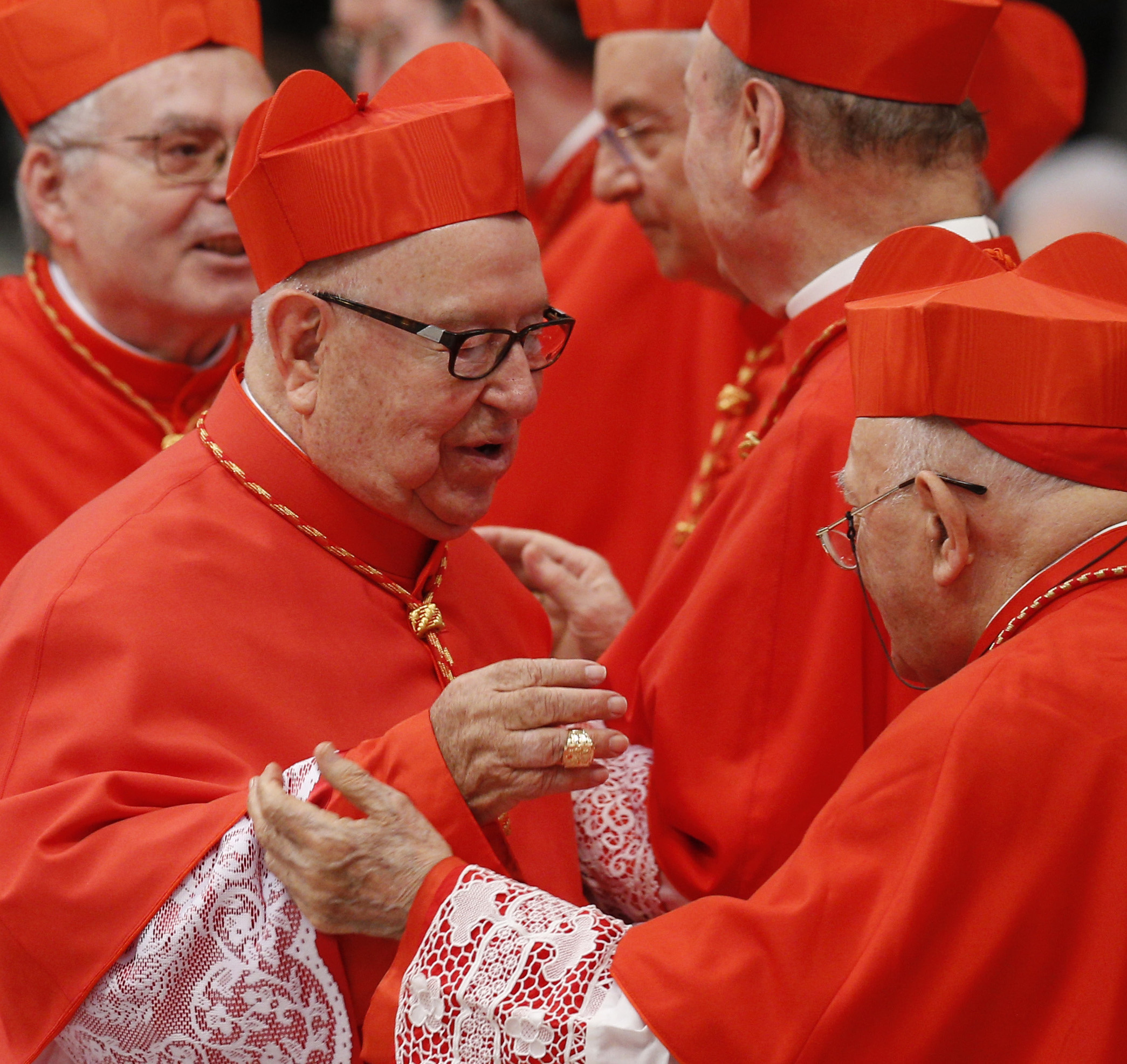Brexit discussions, especially in recent months, have led to an atmosphere of great uncertainty in Northern Ireland, the Bishop of Derry, Donal McKeown told domradio.de, in a long interview.
He said that "even the Unionists, that is those (in Northern Ireland) who feel they are rather more English" believe that from an economic point of view it would be better to remain part of Ireland rather that be an English colony.
“Even the Unionists, that is those (in Northern Ireland) who feel they are rather more English, are of the opinion that from the economic point of view it would be better to remain part of Ireland rather that be an English colony. Brexit is being led by English nationalism and really has little to do with the Scots or with us in Northern Ireland. We are a colony. If Mummy says, ‘We want to leave Europe’, all her children have to say, ‘Yes, of course, Mummy’. We don’t want that. We have gained far too many advantages from the (Good Friday) Agreement and from the abolition of the border. We don’t want to go back to a new hard border right behind my bishops’ residence.”
McKeown told the online portal of the Cologne archdiocese on 12 August: “I live roughly 10 km (6.2 miles) from the border. Up to 20 years ago, the town of Derry was at the very end of a dead-end road, but the diocese was and still is on both sides of the border."
He said that the (Brexit) problem actually had nothing to do with the Churches. He, as bishop of the local Church, and all of the bishops in Northern Ireland shared the responsibility for the whole island. The Churches were not northern Irish or southern Irish Churches, he explained. The main problem for them was above all what would happen to the weak and particularly to the poor on 31 October. Would there be more tension and more unemployment and therefore more hopelessness? As the economy on the whole island was so integrated, people did not want to go back to the situation before the Good Friday Agreement when a frontier had cut right through the middle of the diocese of Derry. “Both main Churches think alike on this. Our fears have to do with pastoral work and not with church power”, McKeown pointed out.
He said churches - Anglican and Catholic - must pull together to strengthen the rights of the weak, poor and homeless.
“Regardless of what happens on 31 October, both the main Churches in Ireland, the Catholic and the Protestant Church, must together strengthen the rights of the weak, the poor and the hopeless, as at this time of uncertainty, our role is to strengthen people who have a right to hope and the right to good government,” he said.
The conflict that “exploded” in Derry in 1968/9 had not been a conflict between Catholics and Protestants but a conflict about human rights, he recalled. In Derry, a minority had ruled the town. Many people lacked appropriate housing and employment but above all the majority were felt they were being discriminated against by a minority, the bishop said.
“The conflict (in Derry) began over human rights but became a conflict concerned with identity. In every conflict all manner of things are used as weapons: identity, culture, music, sport and language. But basically it was always a conflict between those in Northern Ireland who were of the opinion that they were Irish and those who wanted to keep the connection with England.”
His message to those who were worried as to what would happen in 31 October was: “Regardless of what happens on that date, do not think of yourselves, or only about what England wants and about those who are powerful in London, but think of those who will lose out most.”
The interview was conducted by Renardo Schlegelmilch, a journalist who writes for domradio.de.



 Loading ...
Loading ...